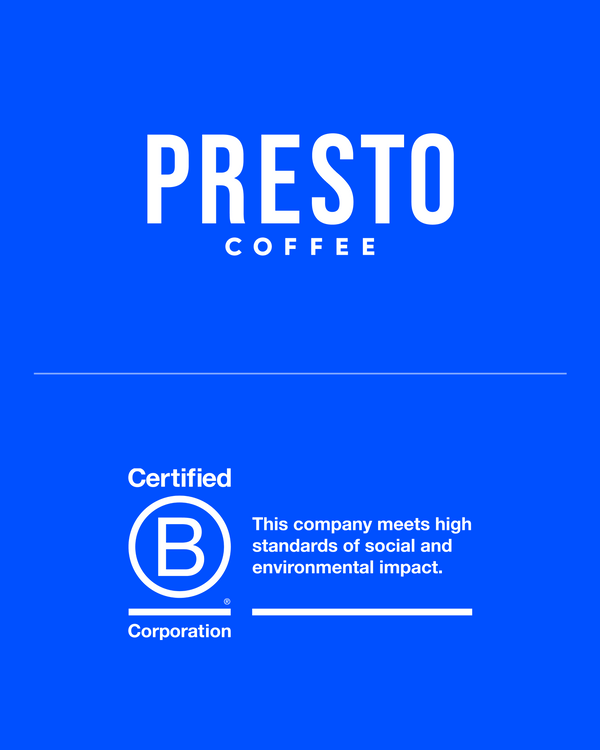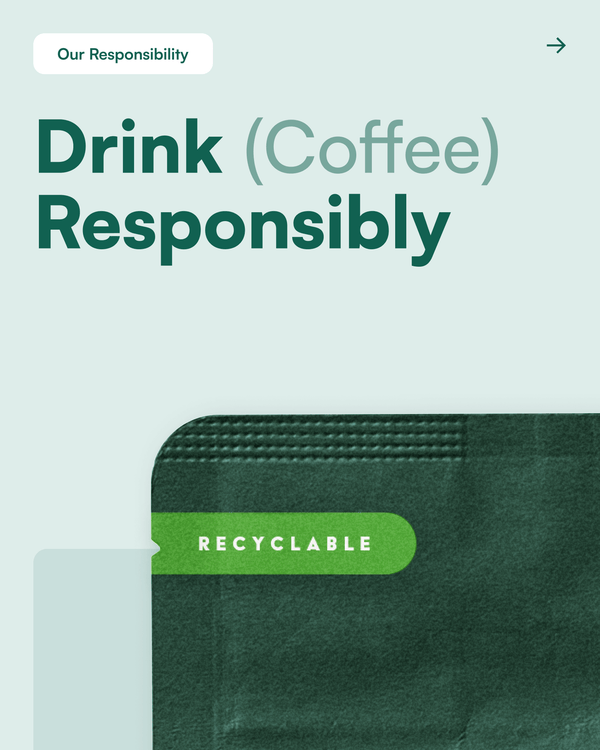As a business promising to keep sustainability at the forefront of our mission, we’ve had a lot going on behind the scenes to ensure we’re fulfilling this promise. From joining 1% for the planet (committed to giving 1% of sales revenue to non-profit organizations) and hoping to be BCorp Certified this year, we have spent a lot of time researching the impact of our packaging and hoping to make big improvements.
Recently, we’ve made a big step forward moving to 100% recyclable packaging. This isn't the end of the road for us though, we’ll continue to speak to suppliers and experts on how we can work towards the most environmentally friendly packaging that keeps our coffee as fresh as possible.
What are your bags made of?
Our coffee bags are made of low density polyethylene (LDPE) coated with a very thin layer of EVOH - an environmentally friendly barrier plastic. This combination of materials means our coffee bags are 100% recyclable and that our coffee is kept incredibly fresh.
Isn’t plastic bad for the environment?
Not if it is being fully recycled. Historically most coffee bags are made of a laminated mix of plastic (for heat sealing), aluminium foil, (an oxygen barrier) and then a paper coating to give it a premium feel. The downside of this mix of materials is that they can’t be separated and therefore can’t be recycled, and so end up being incinerated or in landfill.
That said we are aware that our packaging won’t always be recycled by Local Authorities. If your Local Authority doesn't offer LDPE 4 recycling then it is worth checking at your local supermarket as lots of them are now offering recycling points for carrier bags which are made of the same materials as our bags. We are constantly looking for new materials and approaches to lessen our impact and hope to move away from plastic as soon as better options are available.
Can your bags be recycled?
Yes, our bags can be recycled, and are widely recyclable in the UK with kerbside collection or at your local supermarket. Look out for the recyclable symbol and check with your Local Authority to ensure it is recycled in your area, or check for carrier bag recycling at your local supermarket.
You can recycle this plastic if your Local Authority mentions:
- Bread bags
- Frozen food bags
- Squeezable bottles i.e hand cream tubes
- Bubble wrap – if specifically mentioned
- Carrier bags that can be stretched – these be recycled in local supermarkets
LDPE is frequently recycled into things like compost bins, paneling, bin bag liners and floor tiles.
Aren’t compostable bags better?
Yes and No. Our ideal scenario would be a compostable bag, that can either be fully composted at home, or collected with food waste and composted by Local Authorities.
However compostable bags are still new technology and have a number of flaws which still need resolving. Some coffee bags contain a valve to allow the coffee to release carbon dioxide, and that valve needs removing from the packaging before it can be processed. Other compostable materials do not have the oxygen barrier protection needed to keep coffee fresh.
Secondly, composting is a natural process, home composting (windrow) therefore varies hugely in both the temperature and speed that materials breakdown. That means that a ‘compostable’ material that breaks down on one person's compost heap after 6 months might still be present after a year on another person’s.
This issue means it’s very hard to certify that a product can be ‘home composted’. The closest certification being the Belgian ‘OK Compost Home’, with a UK version being worked on by the Association of Organics Recycling. Most compostable products have been certified to an ‘industrial composting standard’ - EN 13432. This means that they are processed in a more controlled environment and are heated to 58 degrees as opposed to home composting which is typically 20-30 degrees.
The main issue with industrial compostable packaging is that we do not have the processes or infrastructure within Local Authorities to deal with it correctly. There are facilities within the UK that can compost this packaging but there isn’t a kerbside system in place just yet. Compostable packaging can’t be added to your household food waste collection as it would be seen as contamination and it can’t be recycled. That means that compostable bags or plastics end up in general waste to be either sent to landfill or for incineration.
We’re still hopeful for compostable packaging and will continue to explore it as an option for our range of products once progress has been made in processing it correctly.
What about reusable packaging?
We’re big fans of reusable aluminium or tinplate steel packaging solutions and have both bean and ground tin options available to buy. We want these to be useful coffee storage options to be used again and again. Once your tin has run its course and if you have no further use for it it can be fully recycled. No need to remove the label, that will be removed during processing. The lid is LDPE 4 like our bags. The benefits of tinned steel is that 88% of the tin sent to recycling centers ends up being recycled, and 66% of all new steel manufactured is from recycled steel.
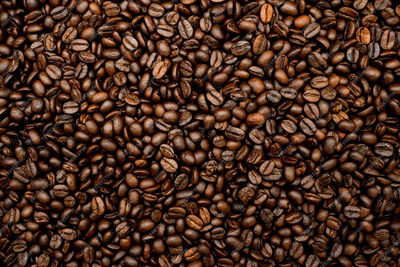
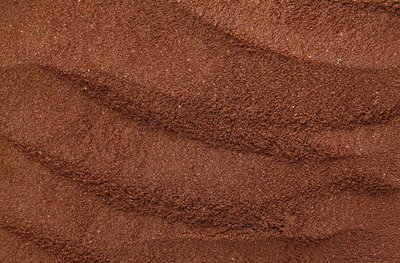
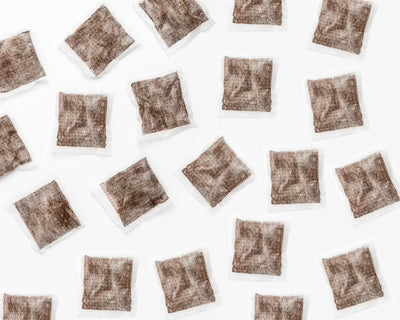
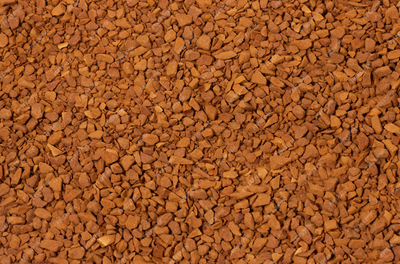

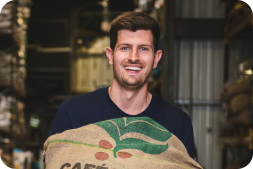
 Log in
Log in
